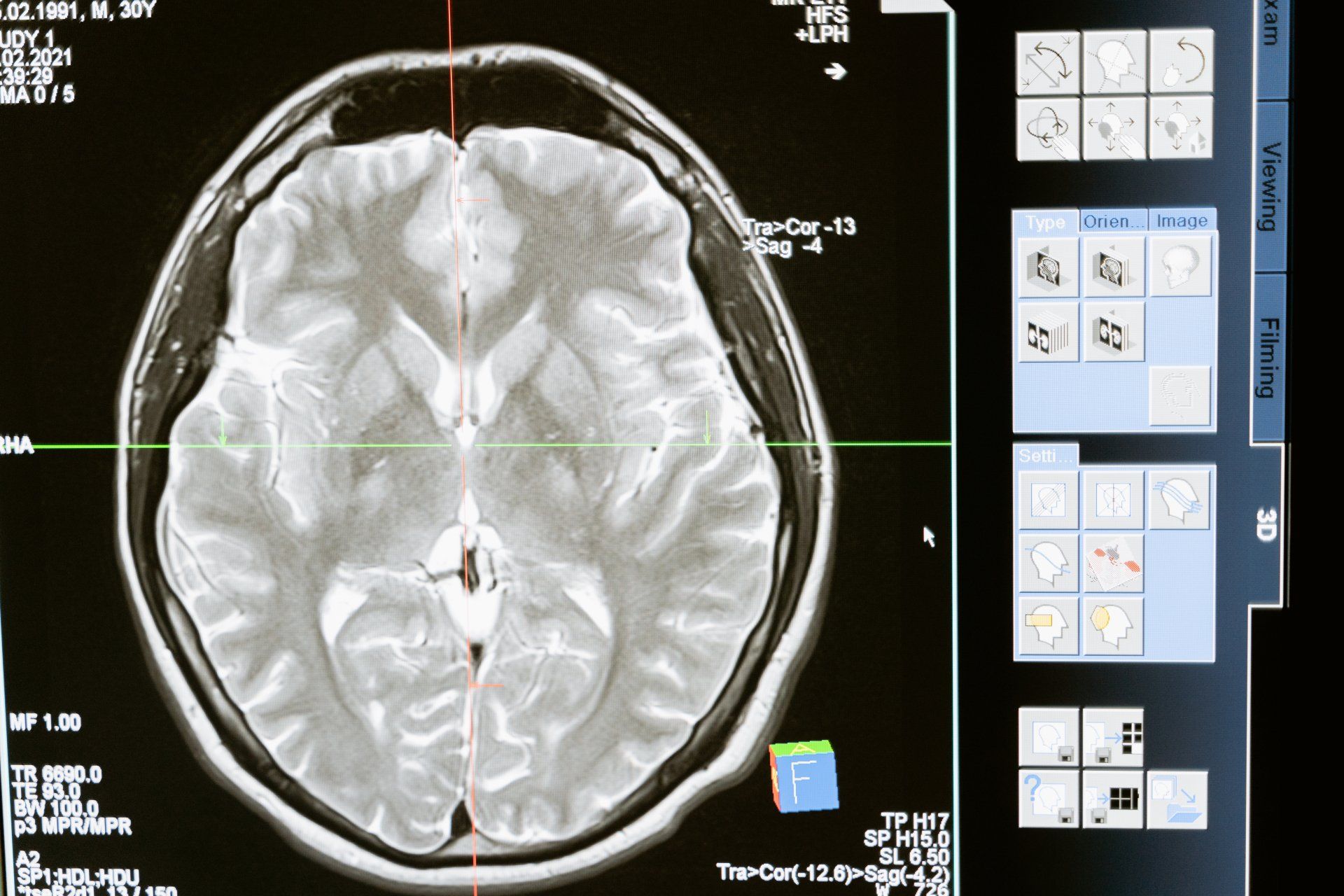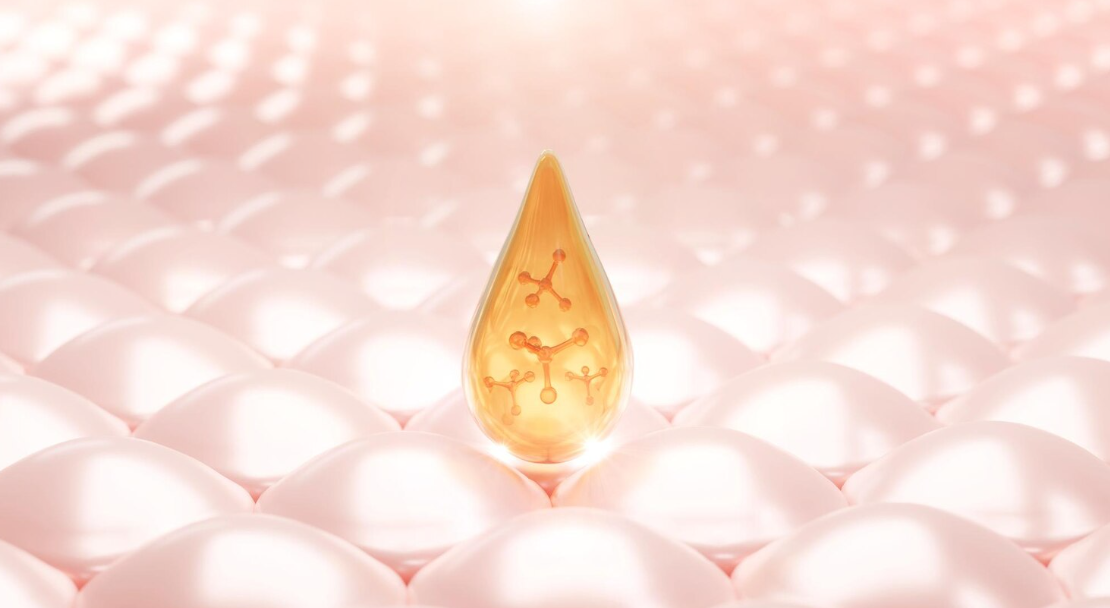Why Antidepressants Aren't Always Enough - The Rise of Integrative Psychiatry

Navigation links
Free Consultation
It's important to know that you are not alone. Get help with depression today!
TMS THERAPY SUPPORTS MENTAL WELLNESS
- Depression
- Lack of Joy
- Sadness and Despair
- Low Mood
- Lethargy
- Insomnia
- Oversleeping
- Social Isolation
- Self-Harm
- Substance Abuse
- Suicidal Ideation
- Alcoholism
Why Antidepressants Aren’t Always Enough — The Rise of Integrative Psychiatry
Many patients with major depressive disorder and fatigue do not achieve remission with standard antidepressant therapy alone. Integrative psychiatry combines medication, hormone therapy, nutrition, intravenous therapies, IV supplementation, red light therapy, Spravato (esketamine), and transcranial magnetic stimulation (TMS) to address these unmet needs.
Medication and Hormone Therapy
Conventional antidepressants remain foundational, but many patients require additional strategies. Hormonal interventions targeting the HPA, HPT, and HPG axes—including estrogen, progesterone derivatives, and testosterone—may benefit select individuals, especially when endocrine dysfunction is present.
Nutrition and IV Supplementation
Nutritional optimization and IV therapies, such as ketamine, can be considered for documented deficiencies or as adjuncts in treatment-resistant cases. IV ketamine has demonstrated rapid antidepressant effects, while micronutrient supplementation remains investigational.
Red Light Therapy (Photobiomodulation)
Transcranial and systemic photobiomodulation using red or near-infrared light is a non-invasive neuromodulation technique with emerging evidence for efficacy in moderate-grade depression. Optimal protocols are still being defined, but the therapy is well tolerated.
Spravato (Esketamine)
Spravato is an FDA-approved intranasal formulation of esketamine indicated for adults with treatment-resistant depression and for depressive symptoms with acute suicidal ideation or behavior, always in conjunction with an oral antidepressant.
Clinical trials show rapid symptom improvement, often within hours, and a favorable sexual side effect profile compared to SSRIs/SNRIs.
Dosing for TRD typically starts at 56 mg or 84 mg twice weekly for 4 weeks, then transitions to weekly or biweekly maintenance. Administration requires in-clinic monitoring due to transient dissociative symptoms and blood pressure changes.
Transcranial Magnetic Stimulation (TMS)
TMS is a non-invasive brain stimulation technique approved for treatment-resistant depression. High-frequency repetitive TMS to the dorsolateral prefrontal cortex yields response rates of 25–37% and remission rates of 17–30% in TRD, with a number needed to treat of 6–8.
TMS is well tolerated, with minimal adverse effects, and can be considered early in the course of treatment-resistant depression.
Recent consensus guidelines endorse TMS as a safe and effective option, with newer protocols offering faster and potentially more robust results.
Summary
Integrative psychiatry leverages a multidisciplinary toolkit—including medication, hormone therapy, nutrition, IV therapies, red light therapy, Spravato, and TMS—to optimize outcomes for patients with treatment-resistant depression and fatigue. This approach is supported by clinical guidelines and recent evidence, and offers a personalized, holistic framework for care.
If you’ve struggled to find full relief from antidepressants or feel persistently fatigued despite treatment, schedule a consultation with Unchained Wellness to explore a personalized, integrative care plan. Together, we can identify underlying contributors and design a treatment approach that restores balance—mind, body, and spirit.
References
- Hormonal Treatments for Major Depressive Disorder: State of the Art — Dwyer JB, Aftab A, Radhakrishnan R, et al. American Journal of Psychiatry. 2020;177(8):686-705.
- Photobiomodulation: Shining a Light on Depression — Wang L et al. Theranostics. 2025;15(2):362-383.
- Transcranial and Systemic Photobiomodulation for Major Depressive Disorder: A Systematic Review — Caldieraro MA, Cassano P. Journal of Affective Disorders. 2019;243:262-273.
- Photobiomodulation for Major Depressive Disorder — Vieira WF et al. Harvard Review of Psychiatry. 2023;31(3):124-141.
- Photobiomodulation Therapy in Mood Disorders — Montazeri K et al. Lasers in Medical Science. 2022;37(9):3343-3351.
- Translational Interdisciplinary Research on hCG’s Enhancement of Neuroendocrine Crosstalk — Gaspary JFP et al. Frontiers in Psychiatry. 2025;16:1537442.
- Comparative Efficacy of Ketamine, Esketamine, Aripiprazole, and Lithium in TRD — Terao I et al. Journal of Affective Disorders. 2024;346:49-56.
- Double-Blind, Placebo-Controlled, Dose-Ranging Trial of IV Ketamine — Fava M et al. Molecular Psychiatry. 2020;25(7):1592-1603.
- Photobiomodulation Improves Depression Symptoms — Ji Q et al. Frontiers in Psychiatry. 2023;14:1267415.
- Low-Dose Testosterone Augmentation for Antidepressant-Resistant Depression in Women — Dichtel LE et al. American Journal of Psychiatry. 2020;177(10):965-973.
- Promoting Good Mental Health Over the Menopause Transition — Brown L et al. The Lancet. 2024;403(10430):969-983.
- Effectiveness of Repeated IV Ketamine — McIntyre RS et al. Journal of Affective Disorders. 2020;274:903-910.
- Photobiomodulation: An Emerging Treatment Modality for Depression — Vieira WF et al. Psychiatric Clinics of North America. 2023;46(2):331-348.
- FDA Orange Book — U.S. Food and Drug Administration.
- Management of Major Depression: Guidelines From the VA/DoD — AAFP 2023.
- TMS and Ketamine: Implications for Combined Treatment — Dębowska W et al. Frontiers in Neuroscience. 2023;17:1267647.
- Treatment-Resistant Depression in Older Adults — Steffens DC. New England Journal of Medicine. 2024;390(7):630-639.
- Comparing Efficacy of Ketamine and TMS for TRD — Mikellides G et al. Frontiers in Psychiatry. 2021;12:784830.
- Spravato for Treatment-Resistant Depression: Efficacy and Sexual Side Effect Profile — Raza AA et al. Neuropsychiatric Disease and Treatment. 2025;21:2125-2140.
- Therapeutic Strategies for TRD — Goh KK et al. Current Pharmaceutical Design. 2020;26(2):244-252.
- Spravato Label Information — FDA. Updated Aug 2025.
- Comparative Effectiveness Research Trial (ASCERTAIN-TRD) — Papakostas GI et al. Molecular Psychiatry. 2024;29(8):2287-2295.
- Recent Innovations in Non-Invasive Brain Stimulation — Piccoli E et al. International Review of Psychiatry. 2022;34(7-8):715-726.
- Treating Depression With rTMS: A Clinician’s Guide — Chen L et al. American Journal of Psychiatry. 2025;182(6):525-541.
- Consensus Review and Considerations on TMS to Treat Depression — Trapp NT et al. Clinical Neurophysiology. 2025;170:206-233.
- Management of Major Depressive Disorder (VA 2022) — Department of Veterans Affairs.
- Synthesizing the Evidence for Ketamine and Esketamine in TRD — McIntyre RS et al. *American Journal



